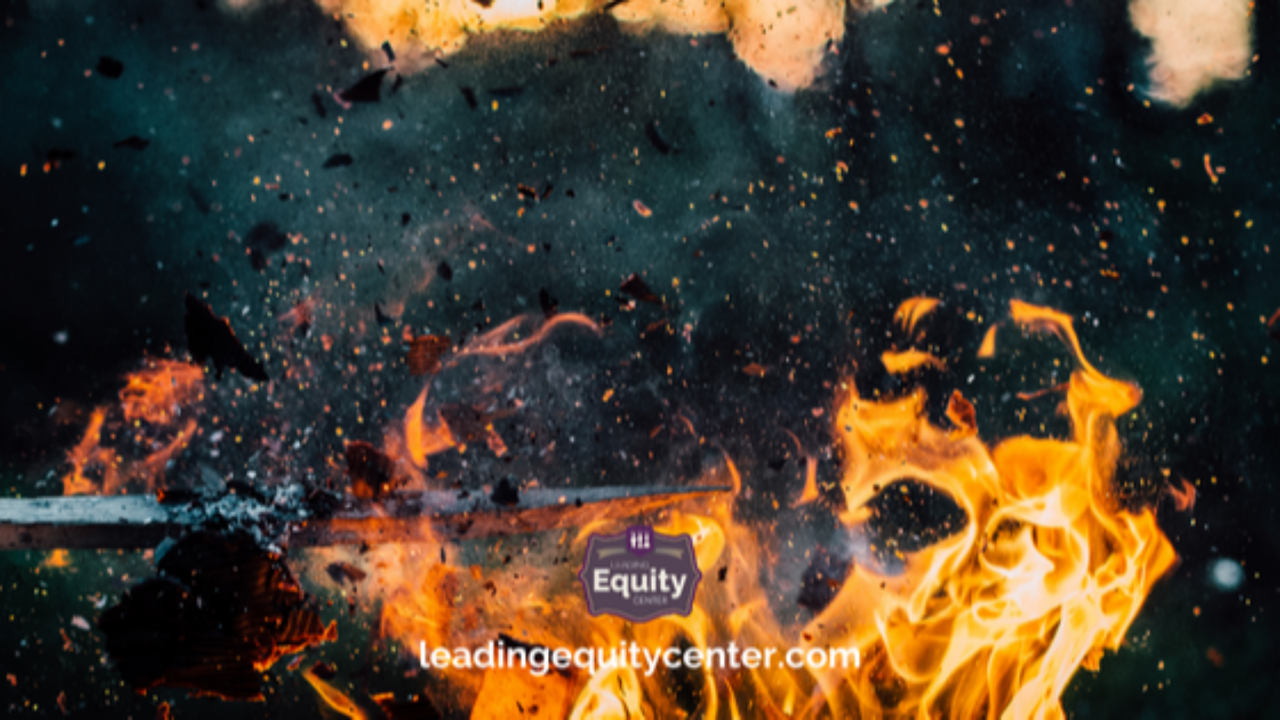Lacks educational value!? Are you freaking kidding me!

Hey Advocates,
This week has been struck with much tragedy, especially in the Asian community surrounding Lunar New Year in California; I hope you are still finding ways to find hope and light as we process the violence. Take care of yourselves.
This week my newsfeed was bombarded with Florida's Governor Ron DeSantis' policy decisions to remove conversations about race and gender from Floridian schools. This is not the first of DeSantis' ways of limiting race discussion. As Abené Clayton, a columnist from The Guardian, reports in "Ron DeSantis bans African American studies class from Florida high schools." Previously last April, "he signed the Stop Woke Act, which severely limits 'race-based' discussions at schools." He argues that "the [Advanced Placement African American Studies] course violates state law and 'lacks educational value." Lacks educational value!? Are you freaking kidding me!
The AP course was announced last summer by the College Board as part of a "pilot program to 'offer high school students an evidence-based introduction to African American studies," which would start that fall of the 2022-2023 school year, first starting across 60 different high schools throughout the country and expanding to others the subsequent year.
Students have not remained silent. Three Floridian high school students are ready to sue their governor after the state's education department rejects the course. "By rejecting the African American history pilot program, Ron DeSantis has clearly demonstrated that he wants to dictate whose history does — and doesn't — belong," said Rep. Fentrice Driskell (D - FL) during a news conference where the lawsuit was announced.
Rep. Driskell's words vividly reminded me of whose voices are heard and whose are silenced in History, in storytelling. Whose stories "count" and whose stories do not?

DeSantis is actively silencing conversations about race and gender. How will this impact Floridian students and how they feel and see themselves in History as they navigate their lived realities? Our students cannot be the only ones advocating for the right to take courses like these. We must also stand alongside them to ensure their voices are not silenced.
As Rep. Driskell put it, "He wants to say that you don't belong and whose story does — and doesn't — get to count. But we are here to tell him: We are America." Black and brown students' stories and histories belong just as much as their white counterparts. The curriculum they are taught in schools should reflect that. Their education should reflect that, and if it doesn't, how do we get them to?
I don't have all the answers, but the first step is to reflect on where you fall and why. Do you feel represented in History? Why or why not? What about your students? All of your students? What is your responsibility as an educator to ensure your BIPOC students feel as represented as your white students? These are just some things to think about. I'd love to chat to get you started in doing the work, so feel free to connect with me on how to amplify your students' voices.
Content created this week:
Show Highlights
- Abolitionist teacher education
- Introducing abolitionist education to teacher candidates
- Feedback and observations from participants
- Opportunities for more participants
- Community engaged teacher education
- Best practices
Session Description
Gifted education is rife with inequities: in the recruitment, recognition, and retention of gifted students of color. This session introduces the Four Zone Model for Professional Learning, an approach that works to produce that systemic change at the building level through a people-focused approach. This plan advocates for gifted learners of color, addressing inequities in gifted programs in schools through the power of professional learning. Subscribe to the channel.
That's all this week,
Sheldon
Book Dr. Eakins for your next event.
Check out what the Leading Equity Center has to offer.



